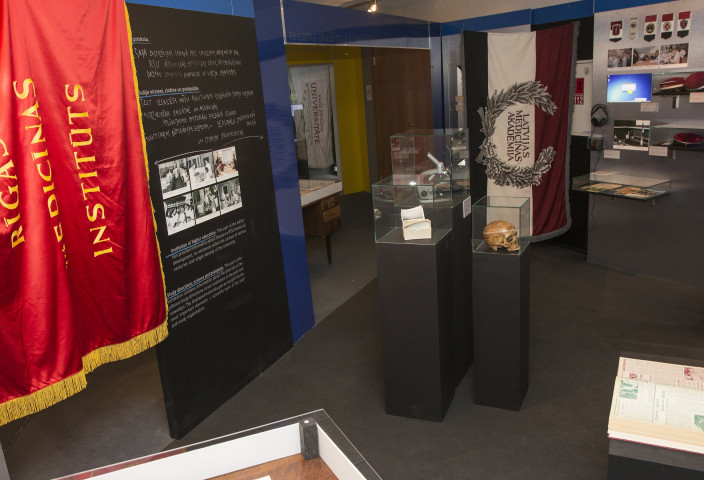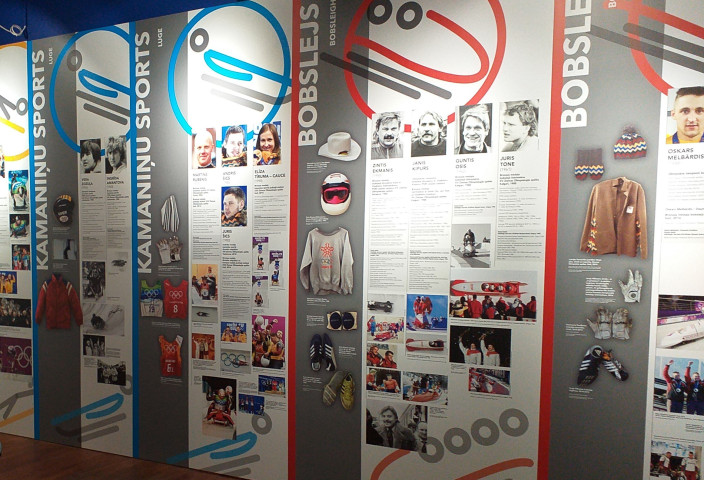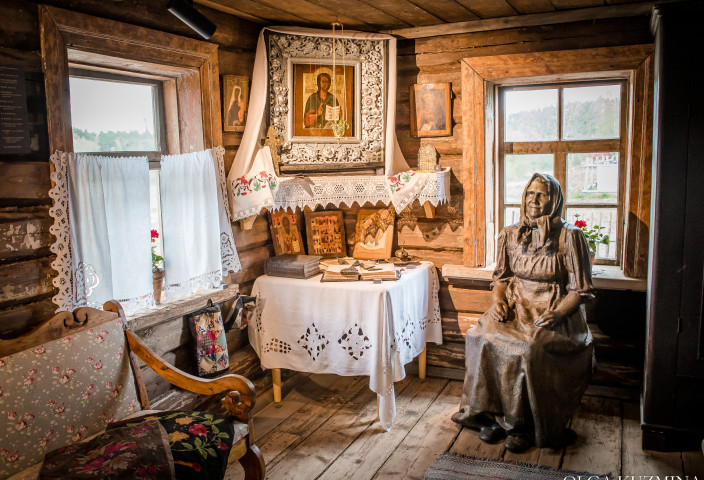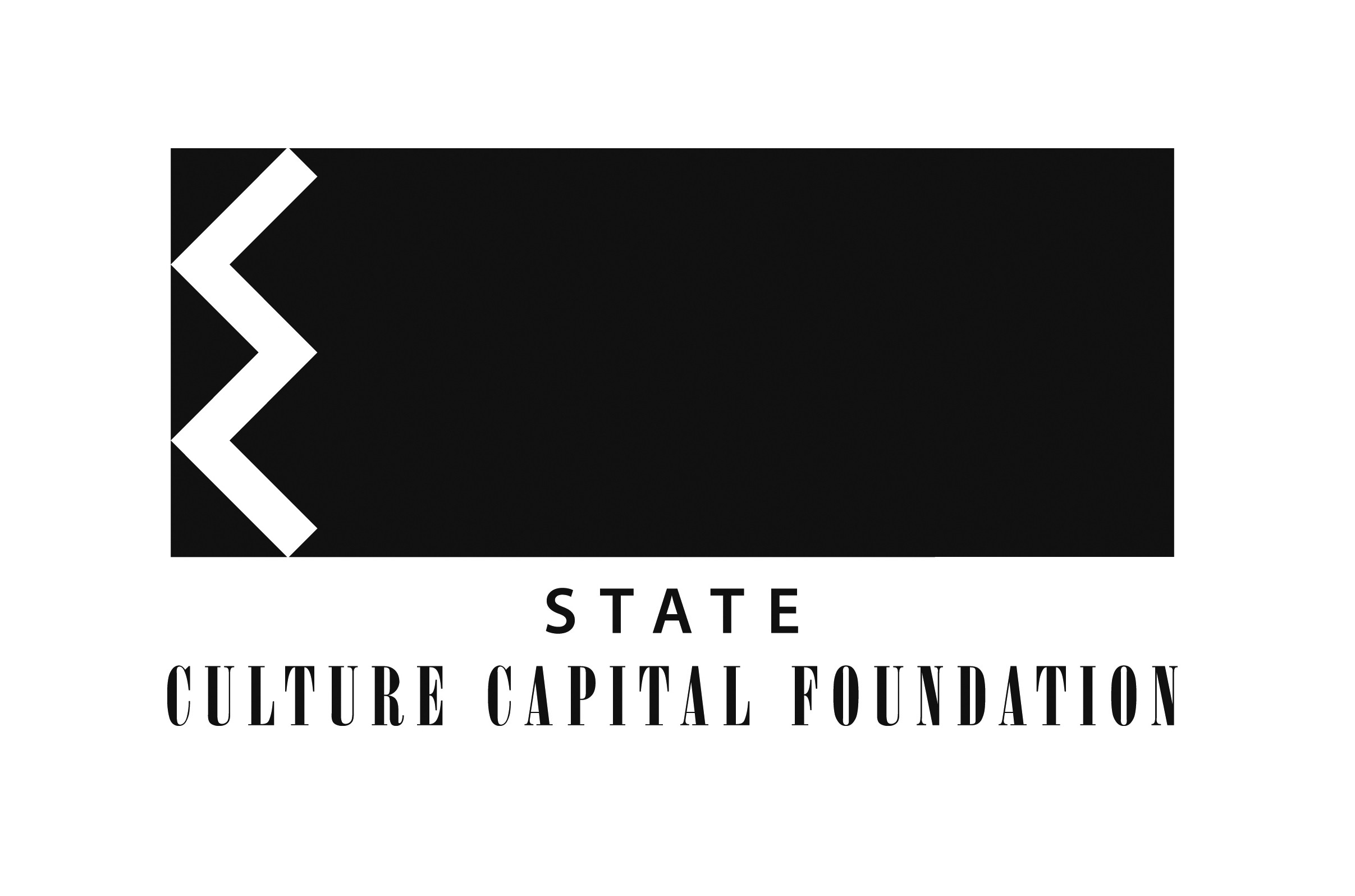Popular Front Museum
state museum
Type by the Law of Museums
accredited
Accredited by Ministry of Culture
member
Member of Latvian Museums Association
Offer and services
- free admission
- easy to reach with public transport
- guide or mobile app
- offer for pupils
The Popular Front Department of the National History Museum of Latvia is a repository for historical evidence about Latvia's most recent history. It holds unique artefacts and documents that reflect the struggle for independence by the Latvian people during the late 20th century. This nationwide movement, known as The Third Awakening, was driven by the Popular Front of Latvia.
Working hours
See homepage for details
| Monday | Closed |
| Tuesday | 10:00 - 17:00 |
| Wednesday | 10:00 - 17:00 |
| Thursday | 10:00 - 17:00 |
| Friday | 10:00 - 17:00 |
| Saturday | 10:00 - 17:00 |
| Sunday | Closed |
Admission fee
Free of charge
Marking the 25th anniversary since the founding of the Popular Front of Latvia (PFL), a new exhibition display, “Awakening – PFL – Independence”, was created in 2013, dedicated to one of the most vivid periods in Latvia's history and the role of the popular front in restoring Latvia’s national independence.
The display is arranged on three floors and is visually connected by the symbol of Auseklis (Morning Star), which is integrated in the elements of interior and design. With modern design and technologies, visitors can not only obtain information but also get an emotional experience of the events reflected in the display. In March 2016, a new section about the Supreme Council of the Republic of Latvia was added to the display. Here, visitors can sit down in the hard, uncomfortable seat of the then councillors and, “led” by the speakers of the time, try their hand in voting on vital national laws that still affect our lives today. In these “rattlers”, members of the popular front often passed up to ten laws and decisions per day over a three-year period and even slept here during the Barricade Days of January 1991.
The new display also contains the museum’s latest acquisitions from the personal archives of former members of the Supreme Council – from drafts written in their own hand to private charms and tokens, such as a watch given by the Russian President Boris Yeltsin. Here visitors can also see the so-called “cheka phone” set up by the Soviet KGB for direct communication with Moscow and other bright markers of the epoch.
Popular Front Museum
state museum
Type by the Law of Museums
accredited
Accredited by Ministry of Culture
member
Member of Latvian Museums Association
Offer and services
- free admission
- easy to reach with public transport
- guide or mobile app
- offer for pupils
Recommended
-

Rīga Stradiņš University Museum
History Personality Medicine16 Dzirciema Street, Rīga
-

Latvian Sports Museum
History Personality Sports9 Alksnāja Street, Rīga, LV-1050
-

The exhibitions of Naujenes Local History Museum “Slutišķi Old Believers’ Farmstead” and “Upāni Farmstead”
History Local history EtnographySlutišķi, Naujene Civil Parish, Daugavpils District
Where to go?
Supporters

